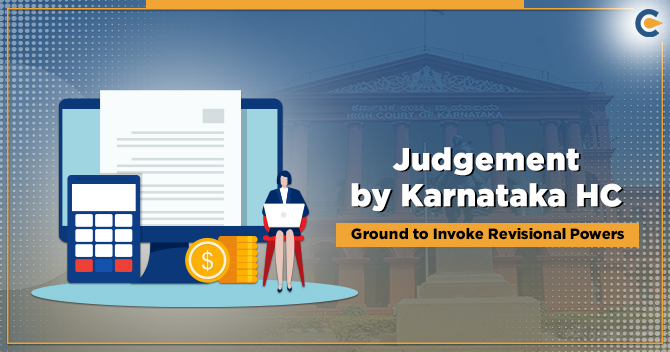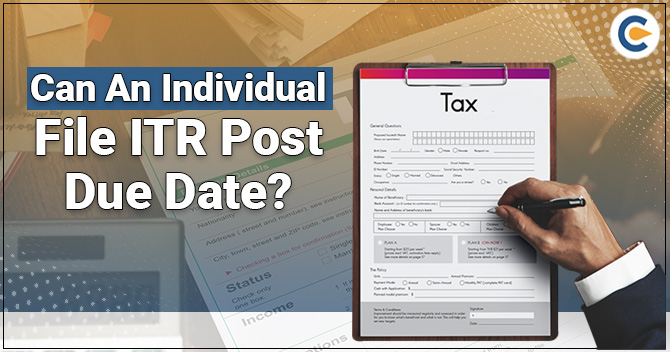The Karnataka HC in a recent judgement held that “just” insufficiency in an enquiry or inadequacy of evidence on record cannot be taken as a ground to invoke revisional powers that are given in Section 263 of Income Tax Act, 1961. This judgement was passed by the high court of Karnataka in the view of CIT Vs Cyber Park Development & Construction Ltd.


Read our article:10 Reasons Why Filing Income Tax Return Is Vital For You
Facts of the Case – CIT Vs Cyber Park Development & Construction Ltd
The assessee, Cyber Park Development is involved in the business of developing, maintaining & operating infrastructure amenities for software and related sectors. The assessee has filed Income Tax Return for the AY 2006-2007 stating a loss of INR 10, 23, 09,300. A legal notice was issued to the assessee under Section 143(2) of the Income Tax Act related to ground to invoke revisional powers.
Issues Raised – CIT Vs Cyber Park Development & Construction Ltd
The issues raised by the revenue department that whether the Tribunal was correct in holding the assessee, who has provided the details that the rights to hold lease were intangible before the Assessing Officer and it has to be considered that the details were deemed to be examined related to the ground to invoke revisional powers. Relief has to be granted by the Assessing Officer in favor of the assessee and the finding should be recorded by the Commissioner to the contrary.
The Assessing Officer allowed depreciation @ 25% on the right to hold land that was organized as an intangible asset.
Filing of Appeal
The Commissioner of Income Tax (Appeals) started the proceedings under Section 263 of the Income Tax Act and directed the Assessing Officer to again start the assessment according to the observations made in the order.
Being distressed, the assessee then filed for an appeal before Income Tax Appellate Tribunal (ITAT) that allowed the appeal chosen by the assessee.
Judgement By Divisional Bench
The division judge bench of Justice H.T. Narendra Prasad & Alok Aradhe[1] said that after examination of Section 263 properly, it is apparent that twin conditions are necessary to be satisfied for exercising revisional jurisdiction as per Section 263 of the Income Tax Act. The order of the Assessing Officer is flawed and that it is detrimental to the interest of the revenue on account of error in the assessment order.
Passing the Order
The court verified the order of the tribunal where they found that the Assessing Officer on approval of evidence on record has permitted depreciation on intangible assets. The Commissioner of Income Tax – Appeals while stating the order as per Section 263 of the Income Tax Act held that the verification & enquiry made by the Assessing Officer is insufficient and the land can’t be viewed as intangible asset.
Conclusion
The Tribunal also has held that just insufficiency in an enquiry or inadequacy of evidence on record cannot be taken as a ground to invoke revisional powers under Section 263 of the Act. The court also held that the decision taken by the Tribunal is in agreement with well-settled legal standards.
Read our article:Overview on Income Tax (23rd Amendment) Rules, 2020
ITA137-14-05-10-2020










